June 2, 2025 | 00:05 GMT +7
June 2, 2025 | 00:05 GMT +7
Hotline: 0913.378.918
June 2, 2025 | 00:05 GMT +7
Hotline: 0913.378.918
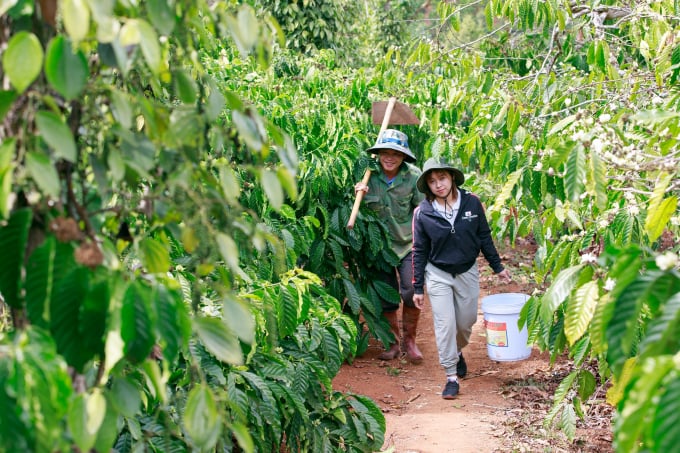
The revised code is “from the coffee community for the coffee community”. Photo: TL.
Following a broad international public consultation the Global Coffee Platform has published the Coffee Sustainability Reference Code, which provides a foundation to support the primary principles of sustainable coffee production.
This reference code offers a common language to enable farmers, producers organizations, their business partners, donors, NGOs, financial institutions and governments to more collaboratively and effectively advance their coffee sustainability efforts.
The Coffee Sustainability Reference Code provides sustainability stakeholders with a simplified and fit-for-purpose framework to foster better understanding of principles that support baseline sustainable coffee production. It addresses ongoing challenges in the coffee sustainability landscape as well as key emerging concerns such as climate change, diversity, equity and inclusion.
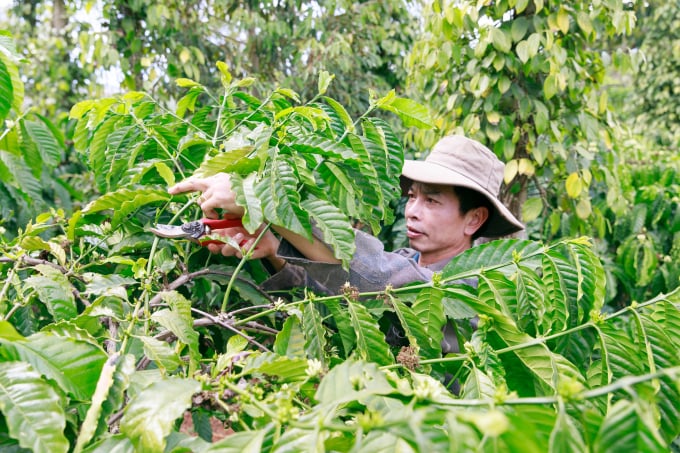
The Coffee Sustainability Reference Code helps to enhance and align the activities of the whole industry already underway so that more coffee farmers can be reached. Photo: TL.
According to Annette Pensel, GCP Executive Director, the revised code is “from the coffee communi ty for the coffee community” and ultimately seeks to advance farmers’ economic prosperity, social well-being, and the conservation of nature.
“The Coffee Sustainability Reference Code helps to enhance and align the activities of the whole industry already underway so that more coffee farmers can be reached, and to encourage all coffee production to be sustainable.”
For Gelkha Buitrago, GCP Director Programs and Corporate Partnerships, we can collectively undertake strong concerted action to support a more sustainable and resilient future for farmers and the sector overall, but “to do so, we need a shared understanding of baseline sustainability upon which other innovations at farm level and beyond can be built”.
Centered on the three dimensions of economic prosperity, social well-being, and environmental stewardship, the Coffee Sustainability Reference Code outlines 12 principles, broken down into practices and expected results that describe baseline sustainability for coffee production and primary processing.
The code also defines five critical practices: elimination of the worst forms of child labour, elimination of forced labour, no deforestation, no use of prohibited pesticides, and the newest addition, continuous improvement.
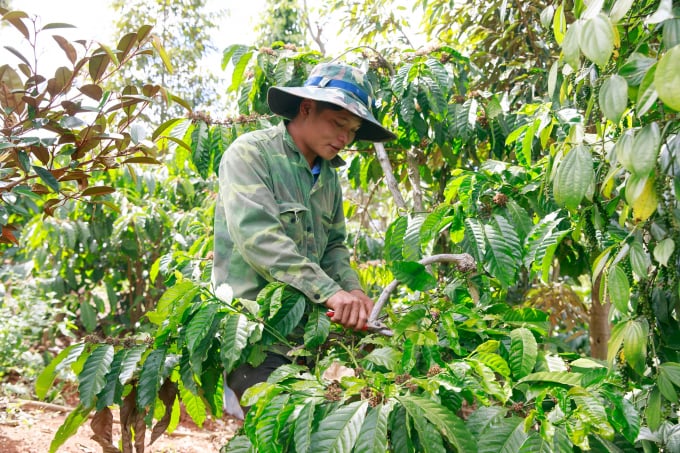
GCP believes the Coffee Sustainability Reference Code will serve the coffee sector to better align activities. Photo: TL.
“While the Coffee Sustainability Reference Code addresses the beginning of the supply chain, with farmers on the ground, downstream actors are expected to share the responsibility for sustainability,” says Ms. Pensel. “This includes supporting and incentivising the efforts of coffee farmers to introduce, maintain, and go beyond these baseline principles across all dimensions, as well as promoting equitable trading and sourcing practices.”
As custodian of the code, GCP believes the Coffee Sustainability Reference Code will serve the coffee sector to better align activities, inspire continuous improvement, and accelerate individual and collective action.
“Coffee sustainability is a shared responsibility and as a common language, together we can use this reference code and advance towards a thriving, sustainable coffee sector for generations to come.”
Translated by Thuc An
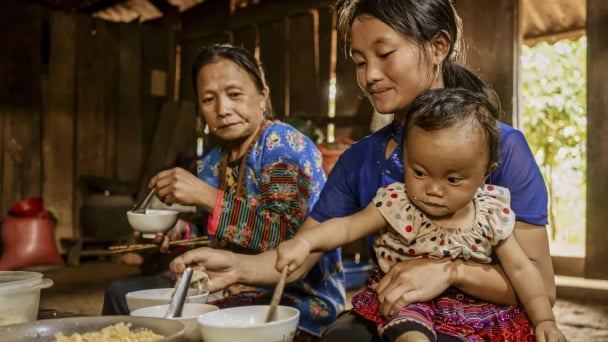
(VAN) 30 experts in health, agriculture and environment participated in a consultation workshop to inform the development of a methodological framework aimed at supporting Vietnam’s transition to a sustainable food system.
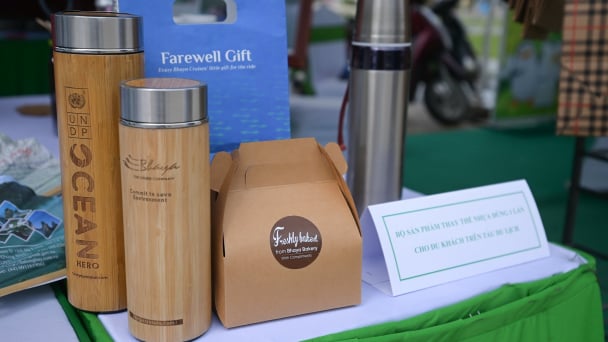
(VAN) Over the past five years, Quang Ninh Province has vigorously and synchronously implemented the ‘Say No to Plastic Waste’ campaign, yielding positive outcomes in advancing sustainable tourism.

(VAN) The prevention of plastic pollution necessitates collaboration among governments, businesses, and citizens. Today's little things contribute to a future free of plastic.

(VAN) This was the directive given by Deputy Minister Phung Duc Tien during a meeting with the Department of Livestock Production and Animal Health, and relevant stakeholders to prevent and control African swine fever.
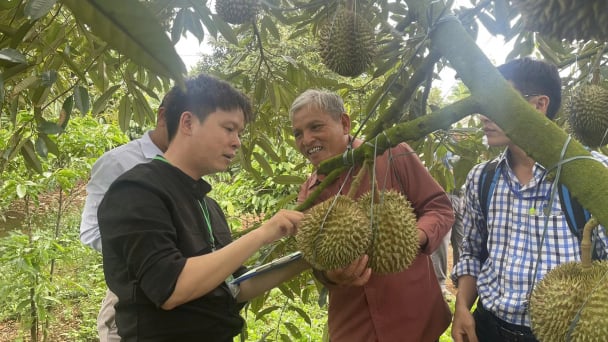
(VAN) For the durian industry to succeed, the value chain must fulfill its commitments to the government, the community, and international partners.

(VAN) Vaccinating juvenile pangasius helps reduce disease, antibiotic use, and farming costs, increasing profits for export-oriented farmers in An Giang.

(VAN) Due to a limited supply of workforce and competitive recruitment requirements, businesses struggle to retain talented veterinary human resources.